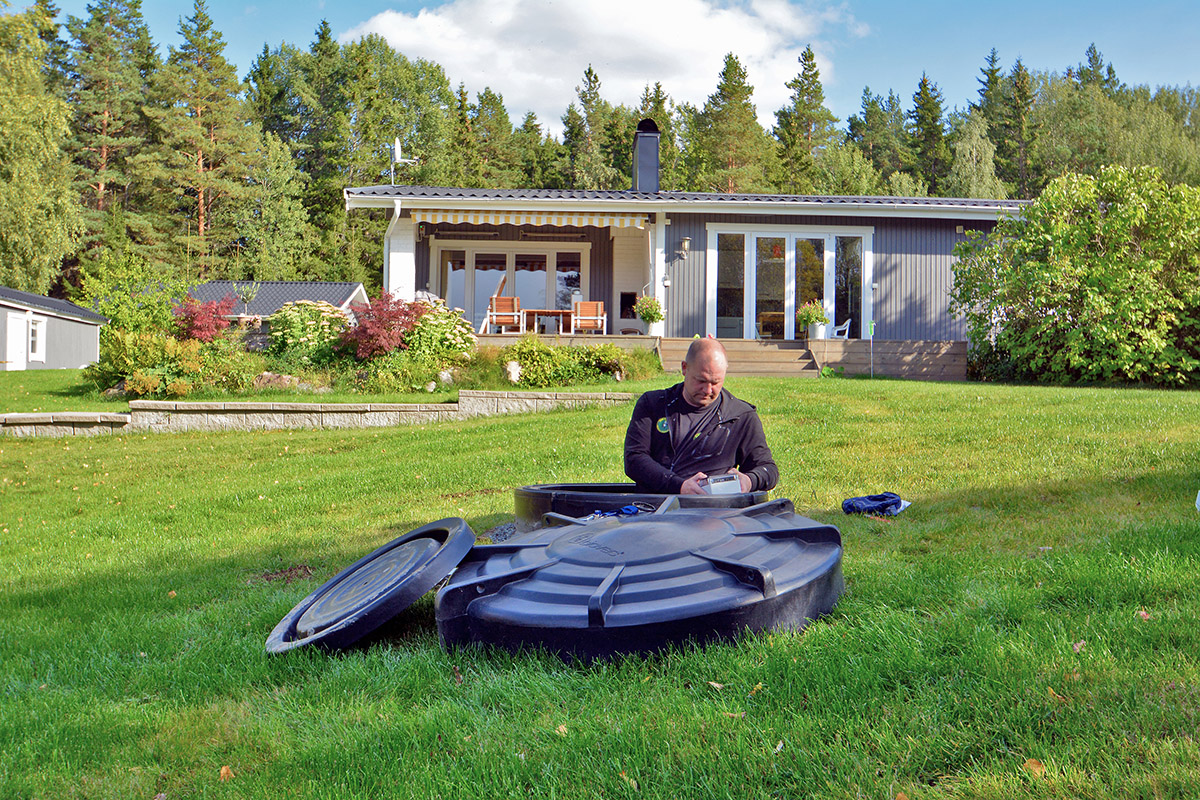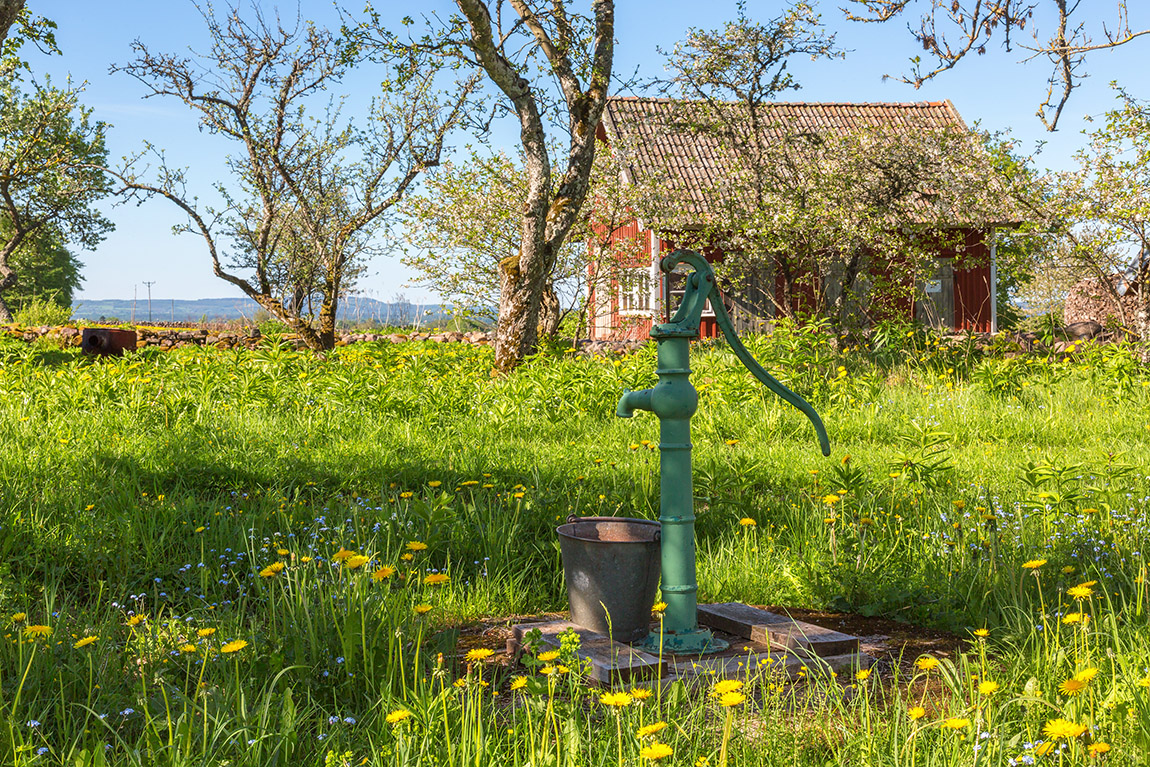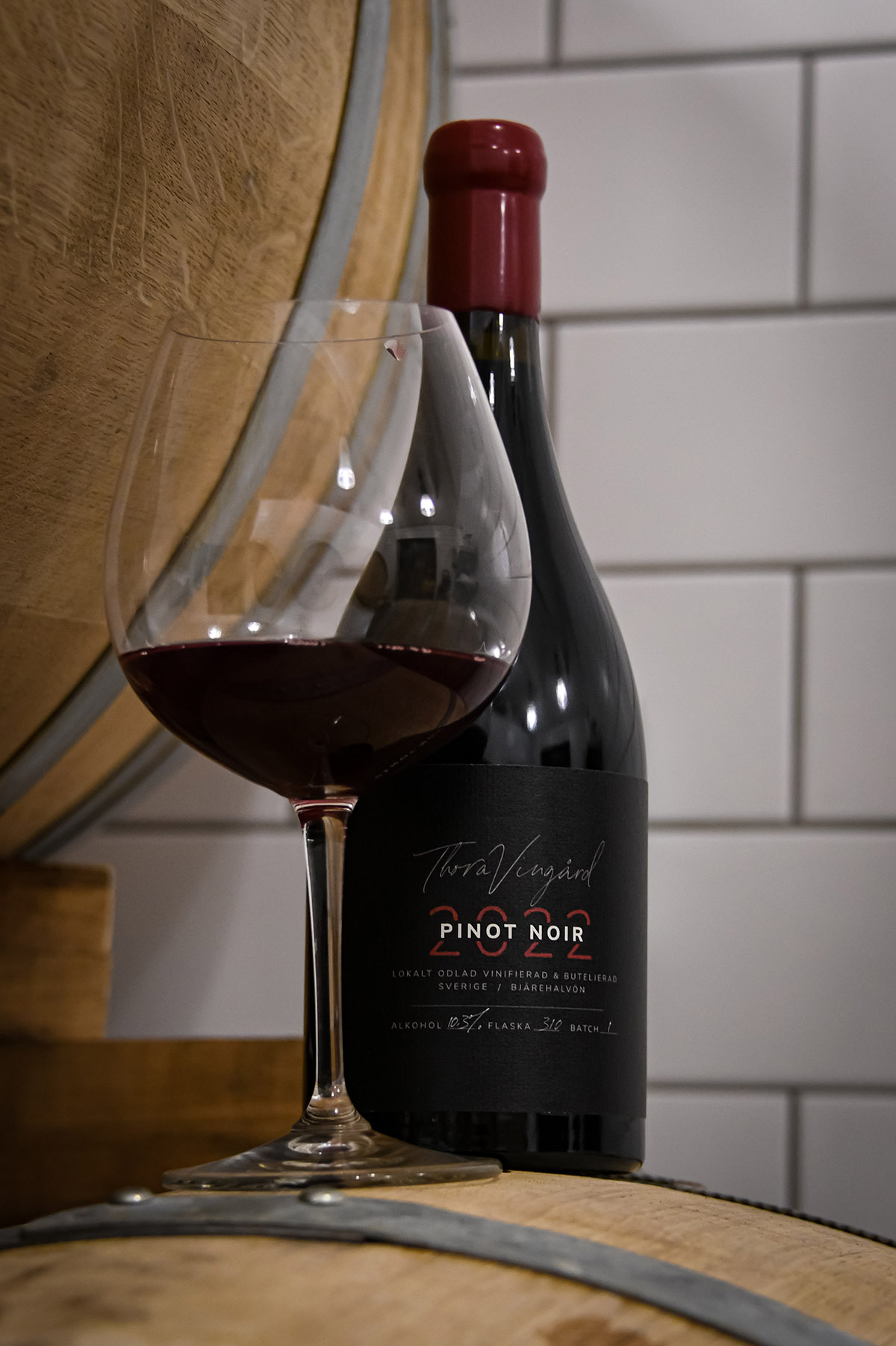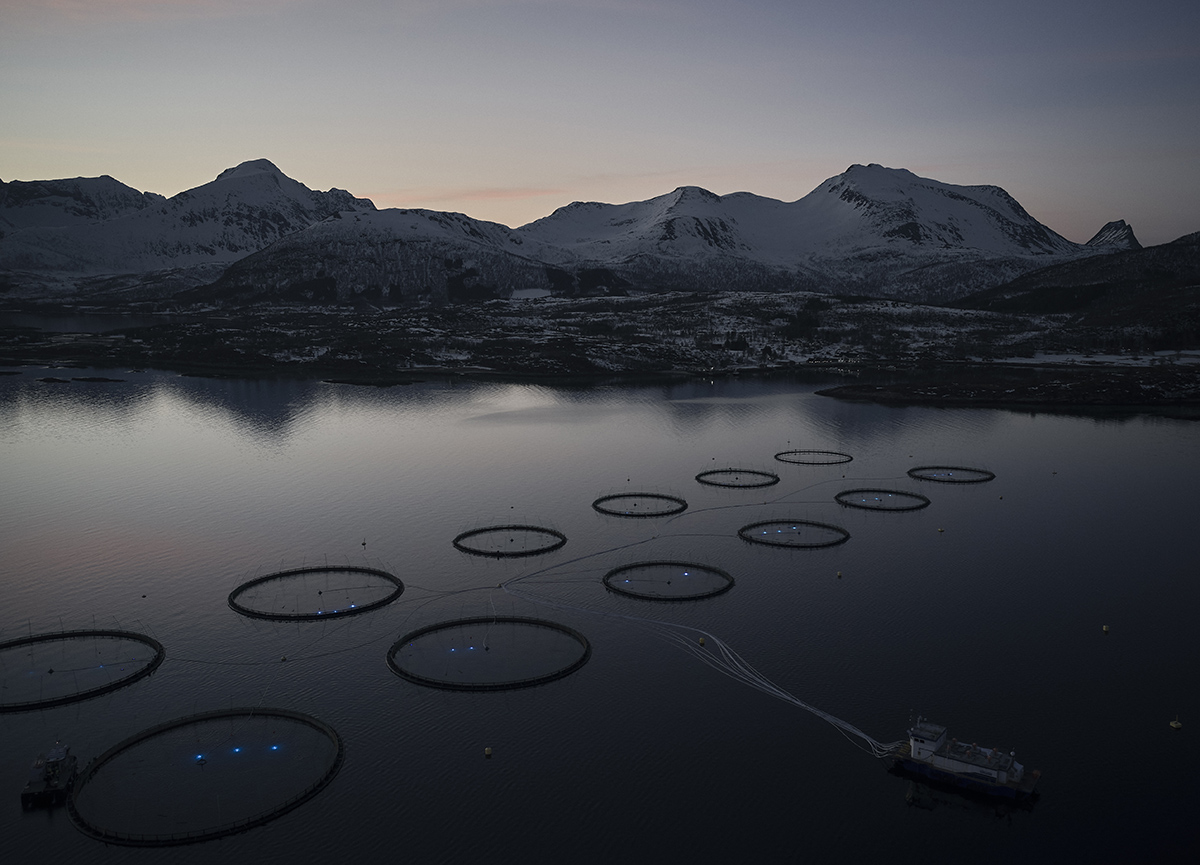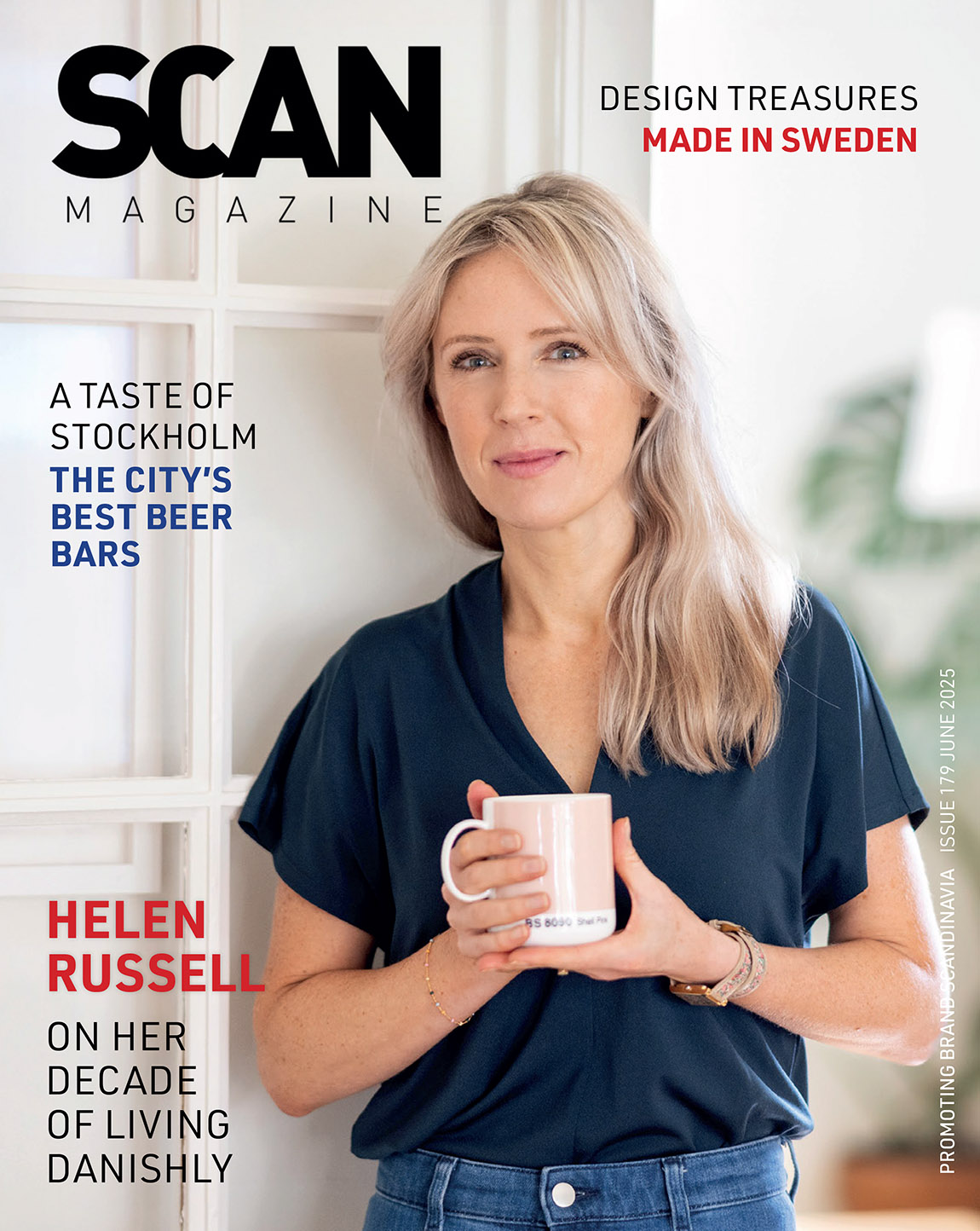Viking Aqua: Feeding the world, one sustainable fish at a time
By Hanna Margrethe Enger
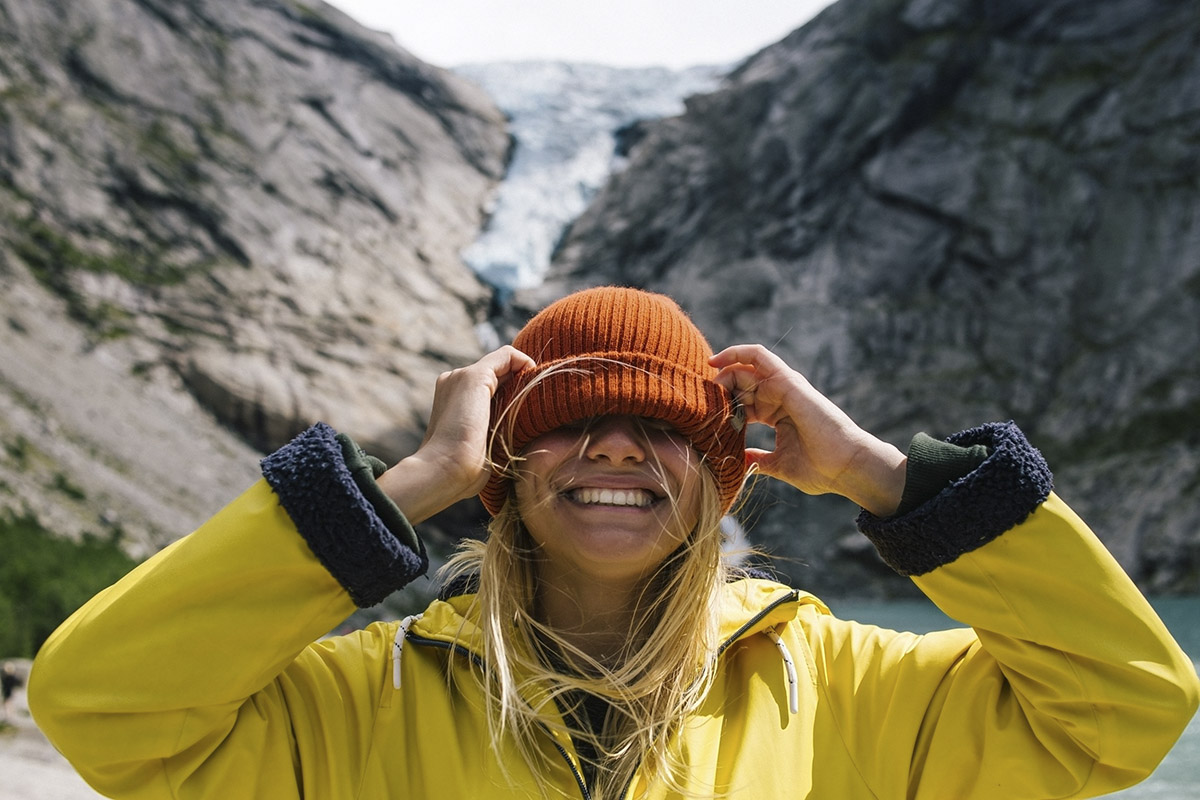
“Our need for protein doesn’t need to cost us the Earth.” Photo: Viking Aqua
The world’s population is rapidly growing, and so is the need for protein-rich food. Food production can put a strain on the environment, but luckily there are people out there looking to solve that problem. With their philosophy that “our need for protein doesn’t need to cost us the earth”, Viking Aqua is designing and building a sustainable, circular and land-based salmon farm in Skipavika on the west coast of Norway. It will be the Next Generation RAS (Recirculating Aquaculture Systems) Facility.
Most people probably think of sea-based facilities when it comes to salmon farming. Land-based farming means that full control can be maintained over all parameters, creating a stable and fish-centric environment. The producers can efficiently rinse the water, ensuring the fish have a clean and healthy environment, protecting them from bacteria, viruses and, crucially, sea lice.
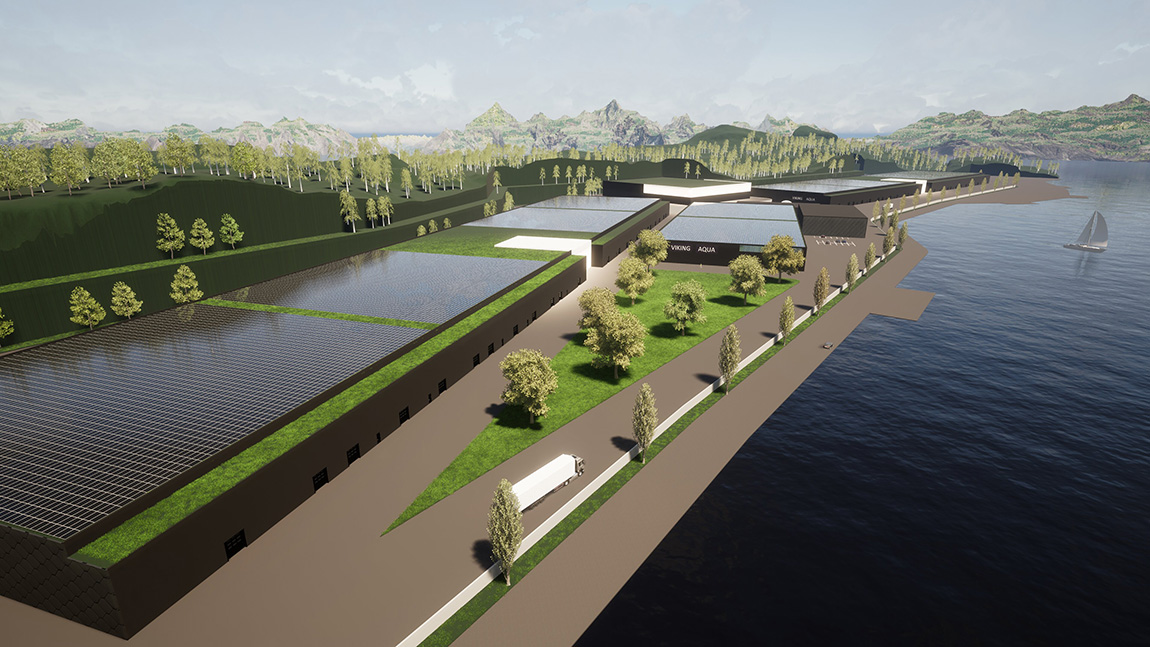
Another advantage of onshore farming is being able to collect sludge. There is a lot of energy and nutrients in fish sludge which can be used for energy-generation and fertiliser. Utilising this is part of Viking Aqua’s circular-production strategy.
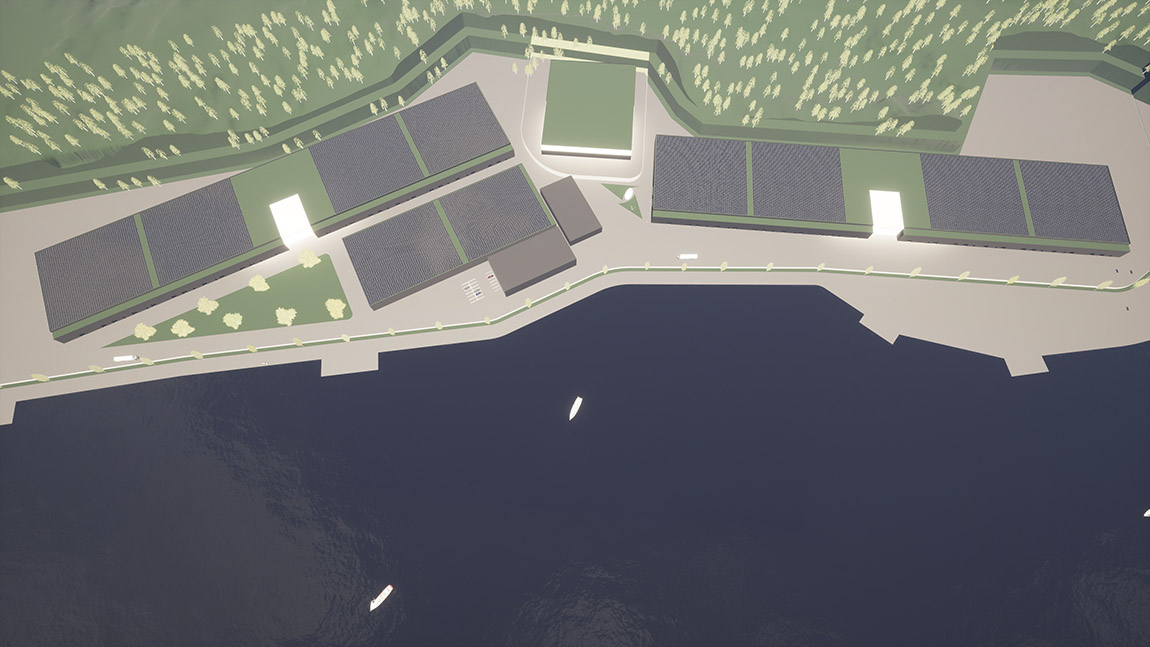
Void in the RAS market and finding the right partners
“We are creating technology that can be used to optimise fish production in a sustainable way, where fish welfare is at the centre,” says project director Trond Ove Høie. But they are not doing it alone: “We are focused on establishing partnerships with suppliers to collaborate on finding and testing new technology and systems that the world has not yet seen, but needs.”
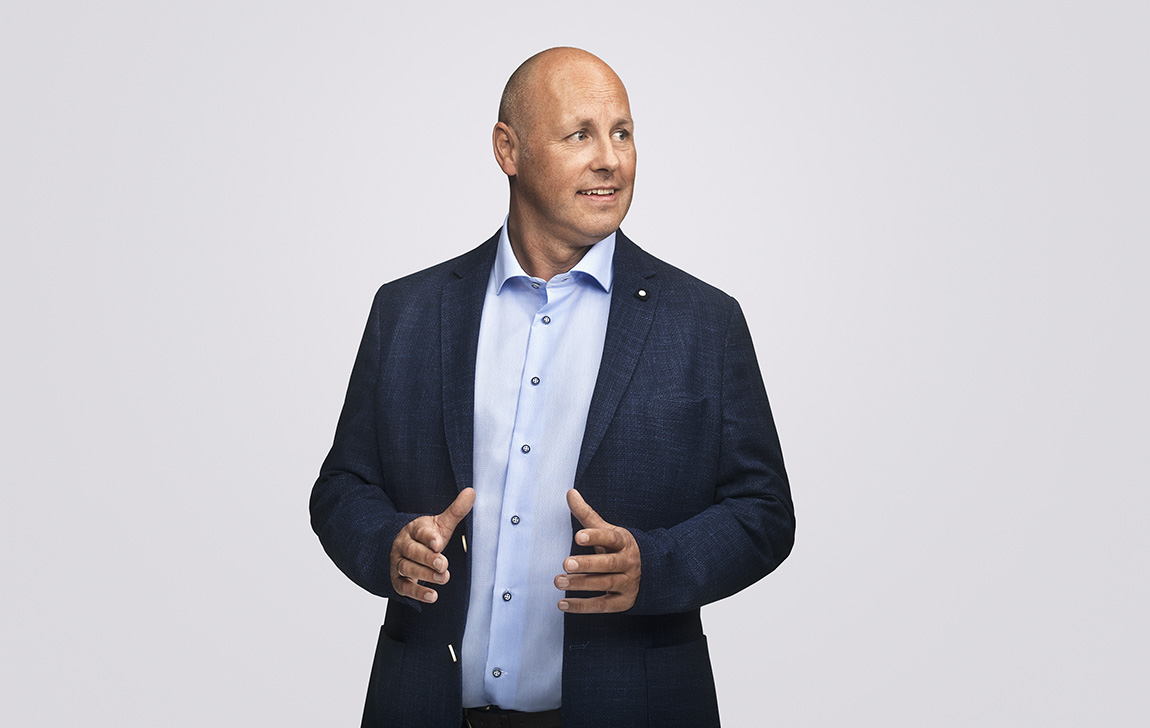
Trond Ove Høie, prodject manager. Photo: Viking Aqua
The people behind Viking Aqua come from different backgrounds, but share a common disruptive mindset and a drive to break the mould and create something new. This is an attribute they also look for in potential partners, often choosing smaller, visionary companies over large, well-established players, as they are more likely to think outside the box.
Viking Aqua is building its first facility to produce 33,000 tonnes of Atlantic salmon annually. However, that doesn’t mean they are creating a RAS system solely for use in Norway. “We believe our RAS facility can be established anywhere in the world,” Høie says. “When we’ve proved we can do it here in Skipavika, our RAS technology can be built anywhere in the world, as long as you have an adequate water source and energy available.”
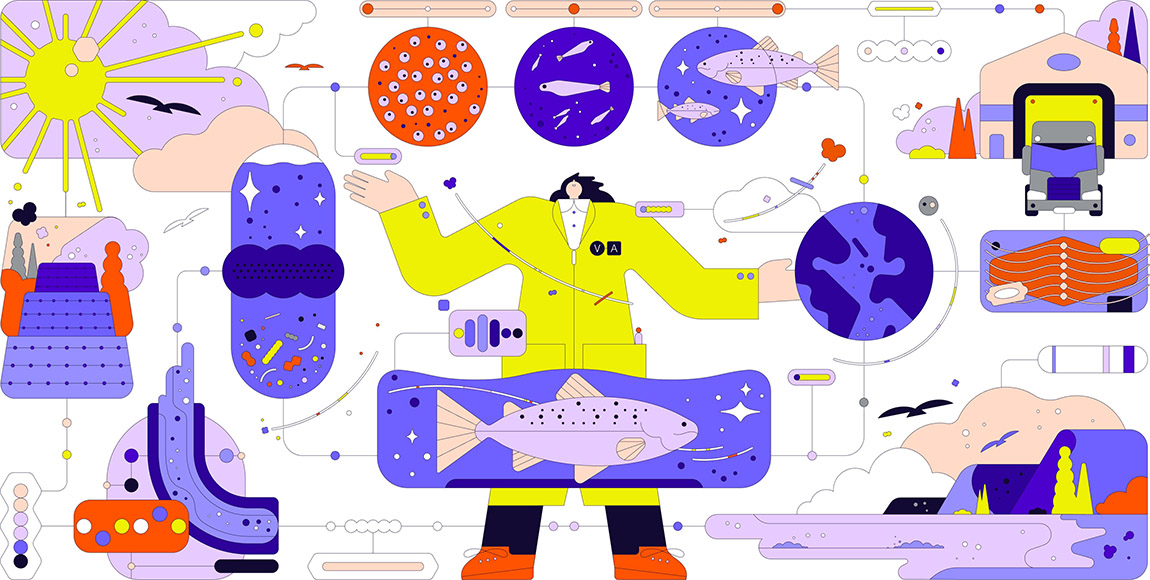
The Viking Aqua Value Chain with a focus on Technology, Fish Welfare, Sustainability and R&D. Photo: Viking Aqua
Web: www.vikingaqua.no Facebook: vikingaqua LinkedIn: Viking Aqua AS
Subscribe to Our Newsletter
Receive our monthly newsletter by email

